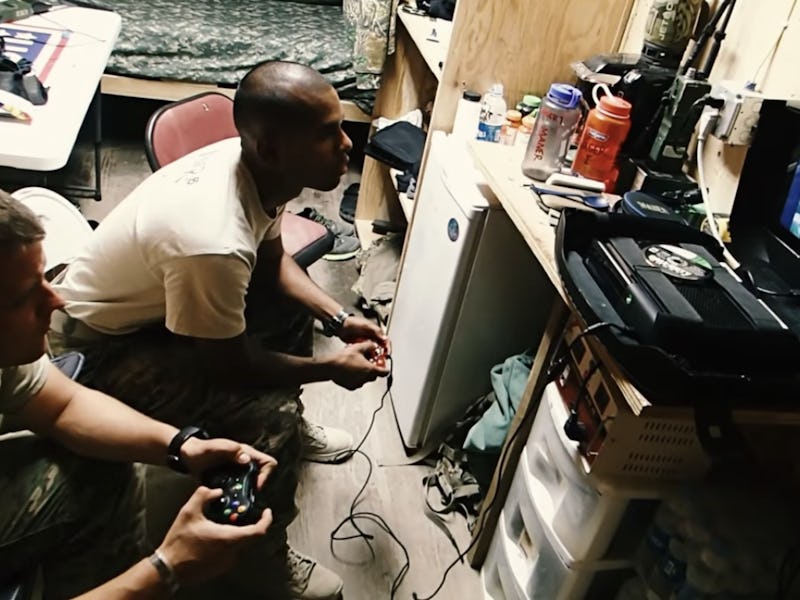Oculus Rift Founder Says Video Games Have Finally Gone Mainstream
There's more to the medium than explosions and violence.

Palmer Luckey, founder of the groundbreaking Oculus Rift virtual reality system, took to Twitter today to discuss the cultural progress video games have made over the last two decades.
Luckey recently joined Stack-Up, a nonprofit organization that sends wounded veterans video games to help with rehabilitation. Though the debate over their influence is ongoing, video games are quickly becoming seen as tools for physical and mental rehabilitation. Veterans in particular often benefit from video games, as the shared experience helps soldiers stave off boredom overseas and stay connected back home.
Luckey pointed out that the negative stigma toward video games, which centered around heavily violent games, is dying out as the mainstream recognizes their artistry and cultural significance. He compared them to other mediums of art and cultural phenomena which have suffered through intellectual backlash from the establishment.
Luckey is on the forefront of what many people expect to be the next big thing in video games. 2016 might be the year of virtual reality, as many developers feel we’ve only begun to scratch the surface of what virtual reality is capable of.
Like any art form, video games are a varied and nuanced medium. Heavy exposure to graphic violence or adult themes at a young age can reinforce negative behaviors and warp children’s perceptions of right and wrong, but in the right context, games can be both therapeutic and educational.
Still, Luckey’s larger point is that video games have finally entered the point of cultural acceptance that they’re being judged like any other medium. Games aren’t inherently harmful, just like films are not; you shouldn’t buy a young child a copy of Grand Theft Auto V, just like you shouldn’t show them the supremely scary trailer for The Witch either.